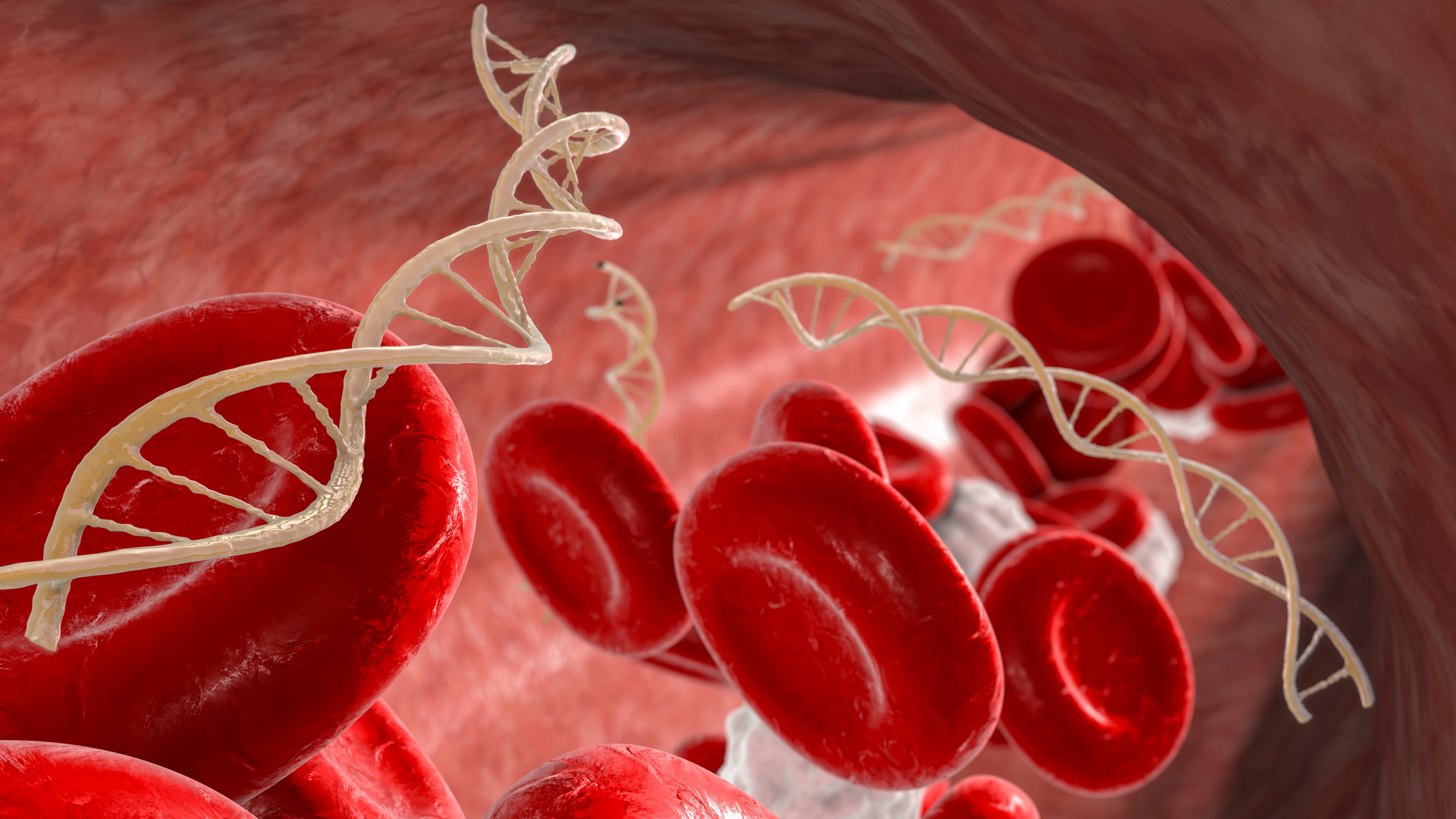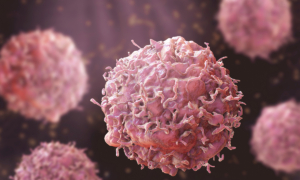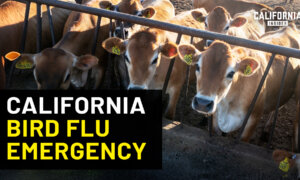The nucleic acids found in many plant and animal foods may help prevent cancer, new research shows.
A study conducted at Osaka Metropolitan University (OMU) found that digestion of nucleic acids, specifically DNA and RNA, produced compounds that may prevent the proliferation of cancerous tumor cells. The results suggest that dietary intake of these nucleic acids could potentially reduce cancer risk, though research on this effect is in its infancy.
“Our research provides a new perspective on the physiological functions of nucleic acids derived from food,” Akiko Kojima-Yuasa, a professor at Osaka City University, Graduate School of Human Life Science and a co-author of the study, said in a statement. “We hold hope that this will be a crucial step toward cancer prevention.”
Anti-Tumor Activity
Given that very little research has explored the anticancer properties of nucleic acids, the OMU study, published in PLOS ONE, undertook a two-phase investigation. One phase involved testing the effects of dietary DNA and RNA on mice that had been administered Ehrlich ascites tumor (EAT) cells, which grow rapidly. The other phase consisted of examining the effects of these nucleic acids on EAT cells in test tubes. The DNA utilized in the study was sourced from salmon milt, while the RNA was obtained from torula yeast.
Results showed that RNA had an antiproliferative effect on both the cancer cells in mice, as well as those in the test tube cultures. DNA had an antiproliferative effect only in mice.
Mechanisms Underlying Anti-Tumor Activity
Another finding was that the nucleoside compounds generated during digestion of RNA and DNA acted as a key to the antiproliferative effect. The nucleosides, guanosine and 2’-deoxyguanosine—the building blocks of DNA and RNA—impeded the progression of cancer from the G1 to the S phase of the cell cycle.
“In the life of a cell, the G1 phase is like the growth phase—this is when the cell is just living its life, growing, and getting ready to possibly divide,” Dr. Sam Hilton, holistic and integrative medicine physician, told The Epoch Times in an email. “The S phase is where the cell starts copying its DNA in preparation for splitting into two new cells.”
Stopping cancer cells from moving from the G1 phase to the S phase means they can’t replicate, which helps slow the spread of cancer, he noted.
Preventing the transition of G1 to the S phase was accomplished through activation of a substance called C/EBPbeta. “This is a transcription factor that regulates gene expression,” Kojima-Yuasa told The Epoch Times in an email. “It plays a role in influencing the growth and survival of cancer cells by activating or suppressing certain genes. In simple terms, C/EBPbeta acts like a ’switch' that controls how cells grow and acquire specific functions.”
Other Therapeutic Effects
Prior studies have indicated that nucleic acids play a vital role in maintaining various physiological functions. Deficiencies of dietary nucleic acids are linked to decreased function of T lymphocytes, a type of white blood cell essential for disease and germ protection, according to the OMU study. This deficiency
was reversed when immunocompromised patients in an intensive care unit were given RNA supplements.
Other animal research indicates that nucleic acids may help alleviate alcohol-induced liver damage and improve glucose tolerance associated with eating a high-fat diet. Collectively, these findings suggest nucleic acids may have therapeutic effects on both immune function and metabolic health.
Food Sources
Nucleic acids are present in both animal and plant foods. A specific recommended daily intake of nucleic acids has not been established for cancer prevention, according to Hilton. However, doctors advise eating a balanced diet that is rich in a variety of whole foods.
“While meats are high in nucleic acids, red and processed meats have been linked to increased cancer risk,” he said. “Therefore, I would advocate focusing on plant-based sources like legumes, vegetables, and grains, which offer nucleic acids without the same cancer-associated risks.”
These plant sources also contain additional cancer-fighting nutrients such as antioxidants and fiber.
Experts Urge Caution
“The application of nucleic acids for cancer suppression in humans is an extremely important issue,” Kojima-Yuasa said. “However, there are still many challenges that need to be considered and resolved, such as side effects that may arise from consuming foods rich in nucleic acids. Therefore, I believe it is prudent to refrain from making any hasty suggestions at this time.”
In an email to The Epoch Times, Dr. Ralph Waldo, an integrative medicine physician, put the OMU study in perspective.
“It highlights potential benefits, but more research is needed before recommending high supplement doses,” he said.
An optimal approach for cancer prevention encompasses a healthy lifestyle that includes nutritious eating, exercise, and stress management, he added.
“Health comes from the cumulative effect of many small positive choices, not a single solution,” Waldo wrote. “The keys are staying informed and making daily choices that promote wellness.”












